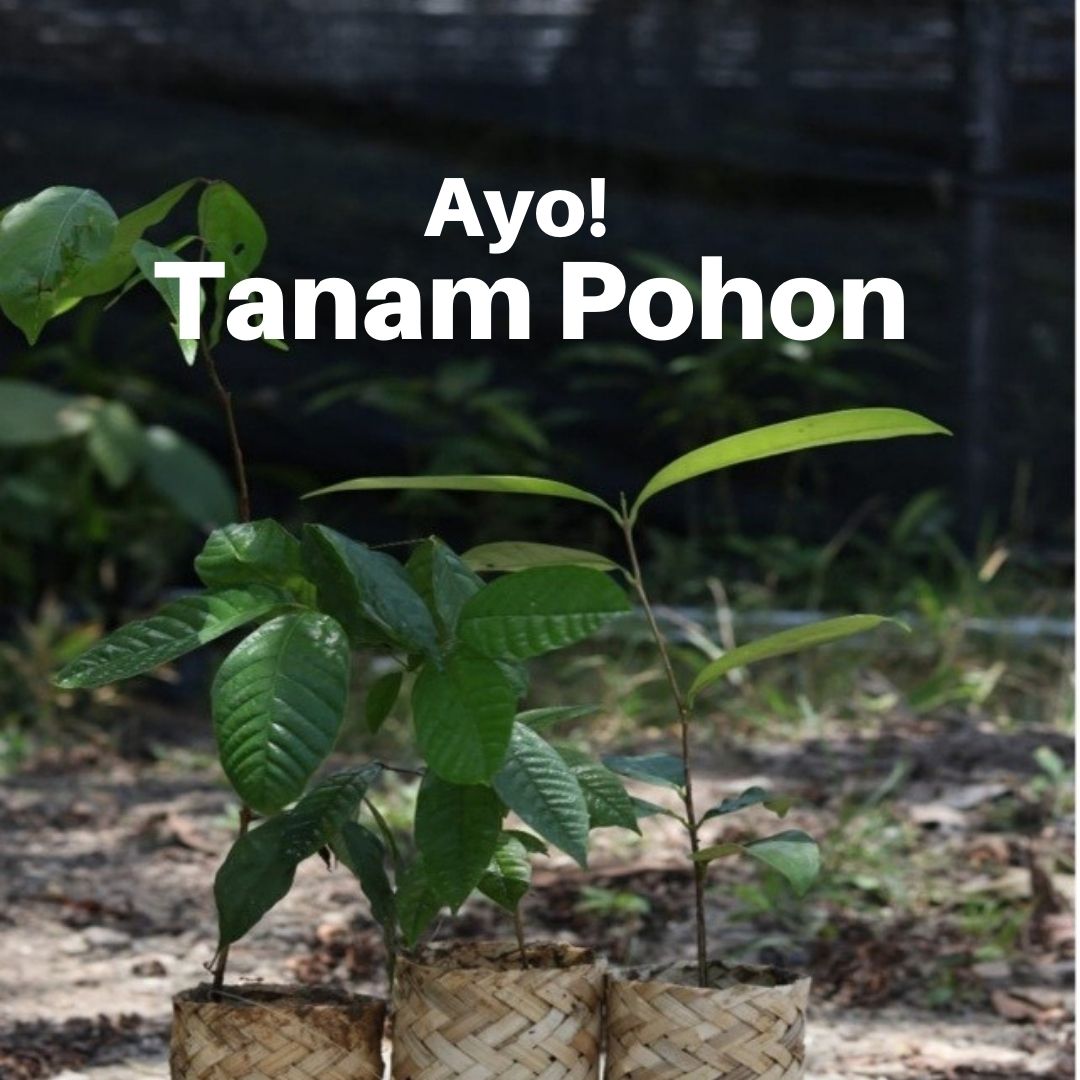The Indonesian Ministry of Environment and Forestry (KLHK) shared experiences in developing the Legality and Sustainability Verification System (SVLK) with a delegation from Laos who came to visit, Monday, October 23 2023.
Director General of Sustainable Forest Management, Ministry of Environment and Forestry, Agus Justianto, explained that SVLK has changed the image and boosted the performance of Indonesia’s forestry sector. “SVLK, the Indonesian Timber Legality Assurance System, has been key in encouraging better governance in the forestry sector, taking requirements developed by market countries into account,” Agus told the Lao Delegation.
Agus explained that SVLK helped Indonesia control illegal logging which was a threat to the forestry sector in the early 2000s. The result has been a reduction in deforestation of more than 75% in the last fiveyears
SVLK also provides guarantees to the market and increases confidence that the wood products purchased are legal and sourced from sustainably managed forests. This has an impact on the rapid performance of forestry product exports even in the midst of the Covid-19 pandemic.
In 2022 the export value of Indonesian forestry products has reached USD 14.21 billion, the highest in history. For 2023, the export value of forestry products has reached USD9.61 billion as of September.
SVLK was developed more than a decade ago involving multi-stakeholders ranging from government, academics, business actors, civil society and non-governmental organizations.
SVLK applies mandatory from upstream to downstream. In its implementation, there are Conformity Assessment Bodies (CAB) which conduct audits of business units or wood products. CAB carries out this task after previously receiving accreditation from the National Accreditation Committee (KAN) based on the international standard ISO17065 in 2012. The entire process is monitored by the community and non-governmental organizations as independent monitors.
Agus explained that SVLK played an important role in negotiating the Voluntary Partnership Agreement for Forest Law Enforcement, Governance and Trade (FLEGT-VPA) with the European Union. The SVLK is recognized as the basis for the issuance of FLEGT licensesto the European Union so that Indonesian wood products do not require a due diligence process under the European Timber regulation.
“SVLK has now included sustainability aspects in addition to legal aspects. This is a standard that is needed by the global market today,” said Agus.
The latest SVLK developments include improving traceability with geo-location. Other indicators that are also strengthened in the SVLK transformation are worker welfare and gender issues.
On that occasion, Agus welcomed the Lao Delegation and stated that Indonesia would share Indonesia’s experience in developing SVLK.
Director General of the Department of Forest Inspection of the Ministry of Agriculture and Forestry, Laos Khamphone Mounlamai stated that Laos has also developed a timber legality assurance system and hopes that in the near future it can reach a FLEGT VPA agreement with the EU. “We want to learn and exchange knowledge from Indonesia about the process,” he said.
The Lao delegation consisted of officials from the Ministry of Agriculture and Forestry, Ministry of Industry and Commerce, provincial government, civil society organizations (CSOs), and business actors. The Laotian delegation’s visit to Indonesia was facilitated by the European Forest Institute (EFI), the German Agency for International Cooperation (GIZ) and the German Development Bank (KfW).
The visit of the Lao Delegation will last until 27 October 2023. Apart from meeting with the Ministry of Environment and Forestry, the Lao Delegation will hold meetings with business actors who are members of several associations such as the Association of Indonesian Forest Concessionaires (APHI), the Indonesian Wood Panel Association (Apkindo), the Pulp and Paper Association Indonesia (APKI).
The Lao delegation will also hold meetings with Conformity Assessment Bodies (CABs) and independent monitoring network NGOs which have been monitoring SVLK. Apart from that, field visits will also be carried out around Surabaya and Malang in East Java to see the SVLK implementation process from upstream to downstream. ***




